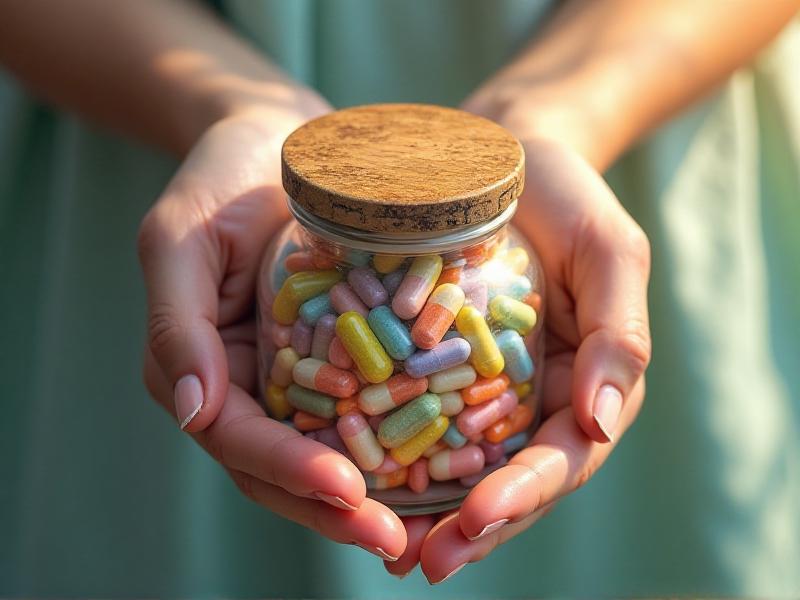Healing from Within: Probiotics and Their Potential in Combating Depression
The Gut-Brain Connection: A New Frontier in Mental Health
For decades, the brain and the gut were considered separate entities, each functioning independently. However, recent scientific discoveries have revealed a profound connection between the two, often referred to as the gut-brain axis. This bidirectional communication system links the emotional and cognitive centers of the brain with peripheral intestinal functions. The gut, often called the "second brain," houses millions of neurons and produces many of the same neurotransmitters found in the brain, such as serotonin and dopamine. These neurotransmitters play a crucial role in regulating mood, anxiety, and overall mental health.
Emerging research suggests that the gut microbiome—the trillions of bacteria, viruses, and fungi living in our digestive tract—plays a pivotal role in this connection. An imbalance in gut bacteria, known as dysbiosis, has been linked to various mental health disorders, including depression. This revelation has opened up a new frontier in mental health treatment, focusing on healing from within by targeting the gut microbiome. Probiotics, live microorganisms that confer health benefits when consumed, are at the forefront of this innovative approach.
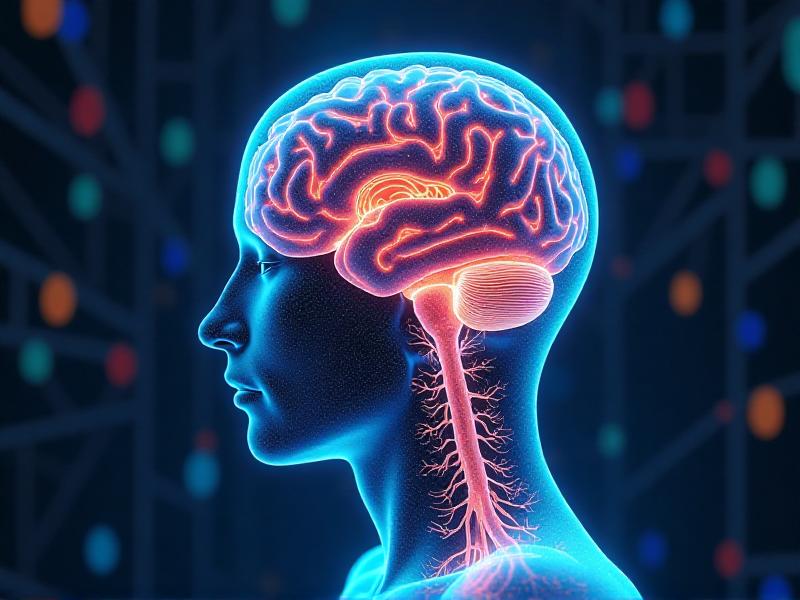
Understanding Probiotics: The Tiny Warriors of the Gut
Probiotics are often referred to as "good bacteria" because of their beneficial effects on the gut and overall health. These microorganisms, primarily from the Lactobacillus and Bifidobacterium families, help maintain a balanced gut microbiome by outcompeting harmful bacteria and supporting digestive health. But their role extends far beyond digestion. Probiotics have been shown to influence the immune system, reduce inflammation, and even produce neurotransmitters that affect brain function.
One of the most fascinating aspects of probiotics is their ability to produce and regulate neurotransmitters like serotonin, often called the "feel-good" hormone. Approximately 90% of serotonin is produced in the gut, and probiotics play a key role in this process. By enhancing serotonin production, probiotics may help alleviate symptoms of depression and anxiety. Additionally, probiotics can reduce inflammation in the gut, which has been linked to neuroinflammation and mood disorders. This dual action makes probiotics a promising tool in the fight against depression.
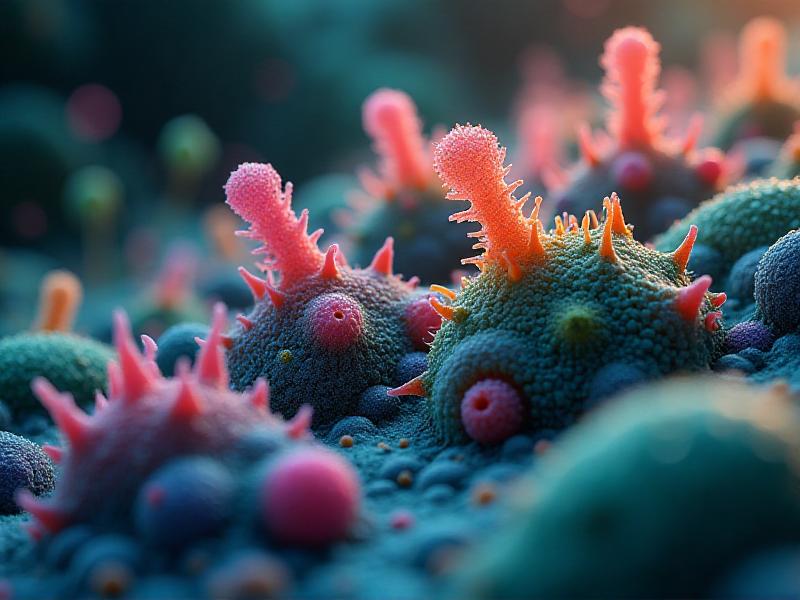
Depression and the Microbiome: A Complex Relationship
Depression is a multifaceted condition influenced by genetic, environmental, and psychological factors. However, recent studies have highlighted the role of the gut microbiome in its development and progression. Individuals with depression often exhibit distinct differences in their gut bacteria compared to those without the condition. These differences can affect the production of neurotransmitters, the integrity of the gut lining, and the body's inflammatory response.
Chronic inflammation, often driven by an imbalanced microbiome, is a key factor in depression. Inflammatory molecules can cross the blood-brain barrier, disrupting neural pathways and contributing to mood disorders. Probiotics, by restoring balance to the gut microbiome, can help reduce inflammation and improve mental health outcomes. This connection underscores the importance of addressing gut health as part of a comprehensive approach to treating depression.
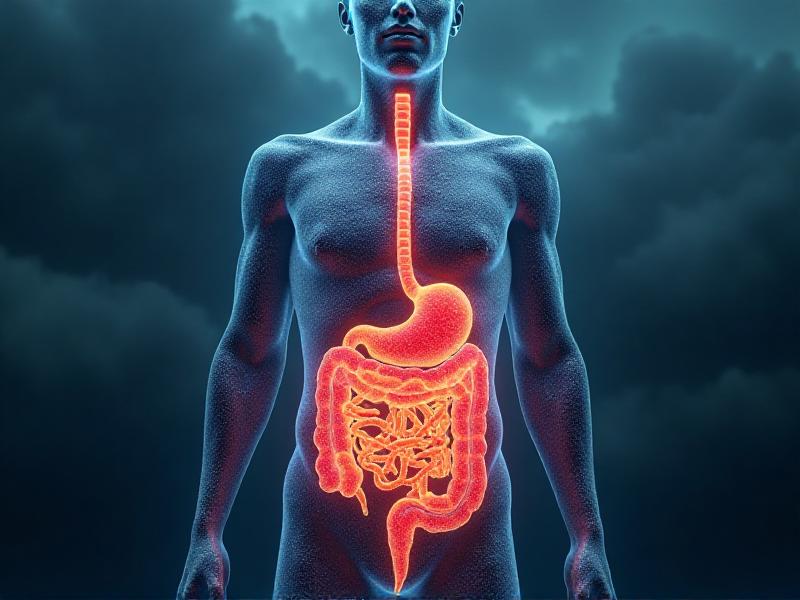
Scientific Evidence: Probiotics and Mental Health
The potential of probiotics in combating depression is supported by a growing body of scientific evidence. Clinical trials have demonstrated that certain strains of probiotics, often referred to as psychobiotics, can significantly reduce symptoms of depression and anxiety. For example, a 2017 study published in the journal Gastroenterology found that participants who took a specific probiotic blend experienced improvements in mood and cognitive function compared to those who received a placebo.
Another study published in Brain, Behavior, and Immunity revealed that probiotics could reduce levels of cortisol, the stress hormone, and improve emotional resilience. These findings suggest that probiotics may not only alleviate symptoms but also enhance the brain's ability to cope with stress. While more research is needed to fully understand the mechanisms at play, the existing evidence is promising and points to a future where probiotics could be a standard part of mental health treatment.
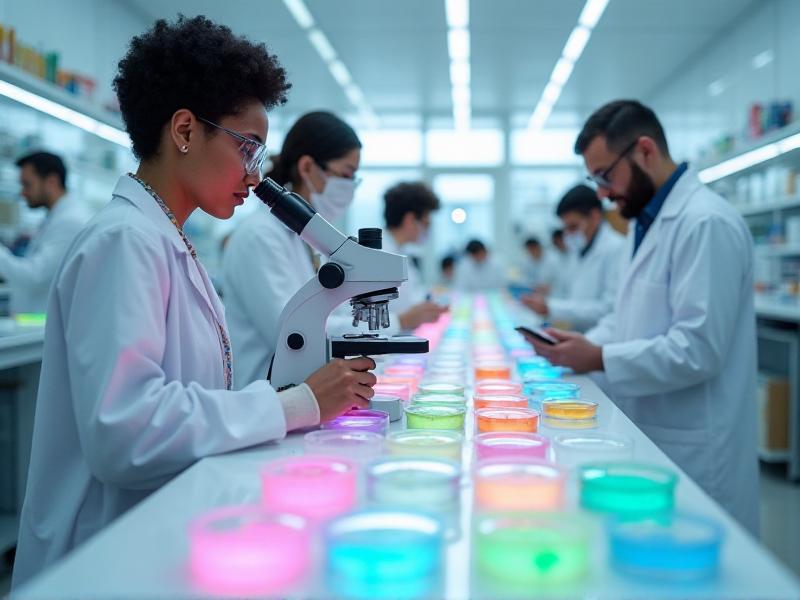
Choosing the Right Probiotics for Mental Health
Not all probiotics are created equal, and selecting the right strains is crucial for mental health benefits. Psychobiotics, a term coined to describe probiotics with mental health benefits, typically include strains like Lactobacillus helveticus, Bifidobacterium longum, and Lactobacillus rhamnosus. These strains have been shown to reduce anxiety, improve mood, and enhance cognitive function in clinical studies.
When choosing a probiotic supplement, it's important to look for products that specify the strains and their concentrations. Additionally, the viability of probiotics—meaning their ability to survive the journey through the digestive system—is a key factor. Look for products with enteric coatings or delayed-release capsules to ensure the probiotics reach the gut intact. Consulting with a healthcare professional can also help tailor a probiotic regimen to individual needs.
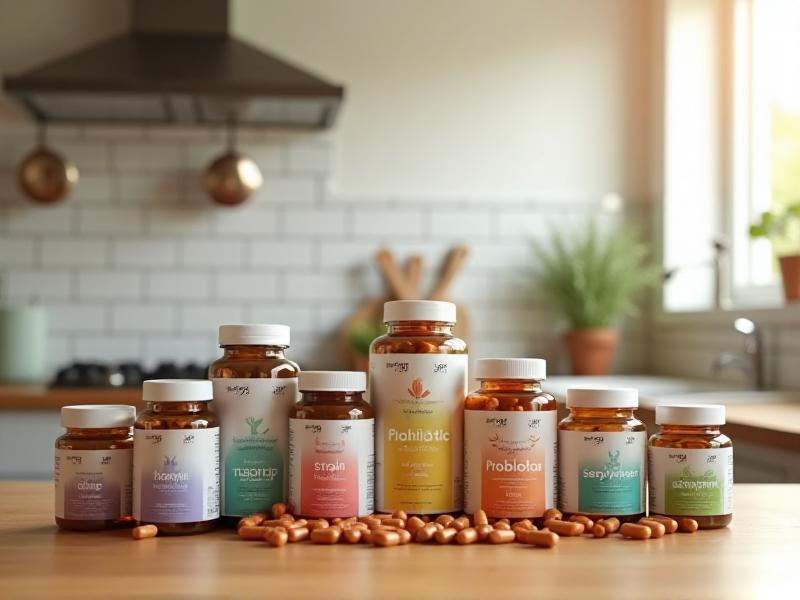
Integrating Probiotics into Your Daily Routine
Incorporating probiotics into your daily routine doesn't have to be complicated. In addition to supplements, many fermented foods are rich in natural probiotics. Yogurt, kefir, sauerkraut, kimchi, and kombucha are excellent sources of beneficial bacteria. Including these foods in your diet can help support a healthy gut microbiome and, in turn, improve mental health.
It's also important to pair probiotics with prebiotics, which are non-digestible fibers that feed the good bacteria in your gut. Foods like bananas, onions, garlic, and asparagus are rich in prebiotics and can enhance the effectiveness of probiotics. By combining probiotics and prebiotics, you create a synergistic effect that maximizes the benefits for both gut and mental health.

The Future of Probiotics in Mental Health Treatment
As research into the gut-brain connection continues to evolve, the potential applications of probiotics in mental health treatment are expanding. Scientists are exploring the use of personalized probiotics, tailored to an individual's unique microbiome, to optimize mental health outcomes. Advances in genetic sequencing and microbiome analysis are making this personalized approach increasingly feasible.
Moreover, probiotics are being investigated as adjunct therapies for other mental health conditions, such as bipolar disorder, schizophrenia, and post-traumatic stress disorder (PTSD). While the field is still in its early stages, the possibilities are exciting. Probiotics represent a natural, non-invasive, and holistic approach to mental health that aligns with the growing demand for integrative and preventive healthcare.
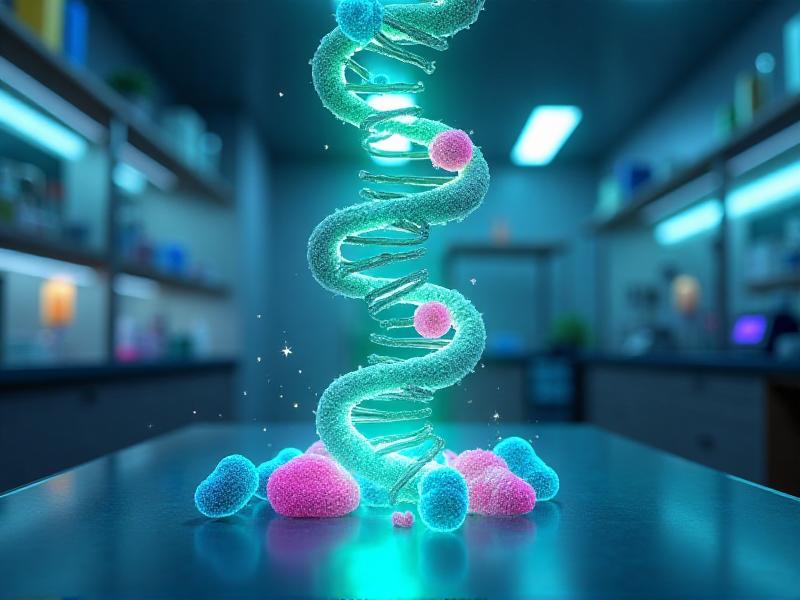
Challenges and Considerations in Probiotic Therapy
While the potential of probiotics in mental health is promising, there are challenges and considerations to keep in mind. The gut microbiome is highly individualized, meaning that what works for one person may not work for another. Factors like diet, lifestyle, and genetics can influence the effectiveness of probiotic therapy. Additionally, the quality and consistency of probiotic supplements can vary widely, making it essential to choose reputable brands.
Another consideration is the potential for side effects, particularly in individuals with compromised immune systems or underlying health conditions. While probiotics are generally safe, they can cause bloating, gas, or digestive discomfort in some people. It's important to start with a low dose and gradually increase it to allow the body to adjust. Consulting with a healthcare provider before starting probiotic therapy is always recommended.
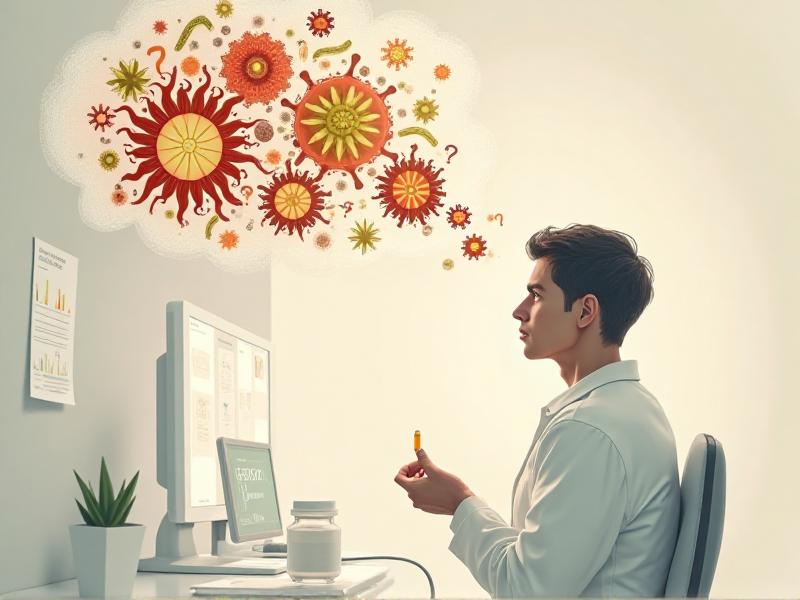
Holistic Healing: Combining Probiotics with Other Therapies
Probiotics are not a standalone solution for depression but rather a complementary tool that can enhance other therapies. Combining probiotics with traditional treatments like psychotherapy, medication, and lifestyle changes can create a more holistic approach to mental health. For example, cognitive-behavioral therapy (CBT) can help address the psychological aspects of depression, while probiotics support the biological underpinnings.
Lifestyle factors like regular exercise, stress management, and a balanced diet also play a crucial role in mental health. Exercise, in particular, has been shown to positively influence the gut microbiome, further reinforcing the gut-brain connection. By integrating probiotics into a comprehensive mental health plan, individuals can address depression from multiple angles, increasing the likelihood of long-term recovery.

Empowering Yourself: Taking Control of Your Mental Health
Healing from within is about more than just taking probiotics—it's about taking an active role in your mental health journey. Educating yourself about the gut-brain connection and the role of probiotics can empower you to make informed decisions about your health. Small, consistent changes, like incorporating probiotic-rich foods into your diet or practicing mindfulness, can have a profound impact over time.
Remember, mental health is a journey, not a destination. While probiotics offer a promising avenue for combating depression, they are just one piece of the puzzle. By adopting a holistic approach that addresses the mind, body, and gut, you can create a foundation for lasting well-being. The power to heal is within you, and probiotics may be the key to unlocking it.
